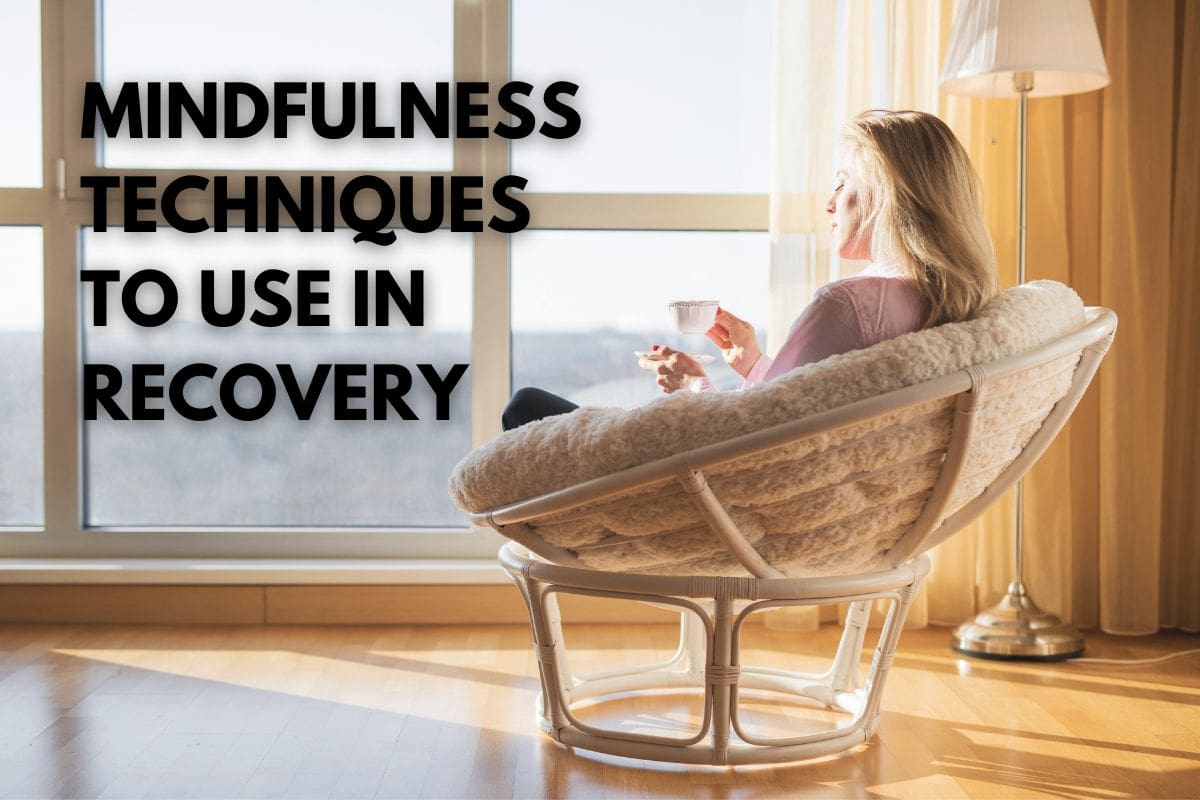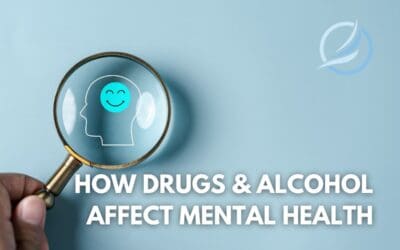Navigating the complexities of addiction recovery is no small feat. While professional treatment is essential, it often doesn’t cover the full spectrum of emotional and psychological challenges you may face. That’s where meditation and mindfulness come in. These practices offer a holistic approach to managing stress, cravings, and emotional turbulence. Feeling overwhelmed? Don’t worry; we’re here to guide you through the most effective techniques and their benefits.
8 Meditation and Mindfulness Techniques for Recovery

Whether you’re new to mindfulness or looking to deepen your practice, the following techniques offer a range of options to support your recovery journey. From structured mindfulness-based therapies to simple exercises you can do on your own, these methods are designed to help you manage cravings, reduce stress, and gain a deeper understanding of yourself.
1. Mindfulness-Based Stress Reduction (MBSR)
Developed by Dr. Jon Kabat-Zinn, MBSR is one of the most widely used mindfulness-based therapies. It’s an eight-week program that combines mindfulness meditation and yoga to reduce stress and improve psychological well-being.
2. Mindfulness-Based Relapse Prevention (MBRP)
MBRP is designed to help you become more aware of your triggers and automatic reactions. By combining mindfulness practices with cognitive-behavioral techniques, MBRP aims to reduce the risk of relapse by helping you respond to stressors and cravings more thoughtfully.
3. Mindfulness-Oriented Recovery Enhancement (MORE)
MORE integrates mindfulness, cognitive-behavioral therapy, and positive psychology. It is intended to help you focus on the positive experiences in life, thereby reducing the allure of addictive substances or behaviors.
4. Breathing Meditation
This simple yet effective technique involves focusing on your breath. Sit in a quiet space, breathe naturally, and bring your full attention to the sensation of the breath entering and leaving your nostrils or your chest rising and falling. This practice can help you become more aware and in control of your thoughts and feelings.
5. Body Scan Meditation
This technique involves a mental walkthrough of your body from head to toe, noting any tension, discomfort, or sensations. The objective is to heighten your awareness of physical sensations, which can offer insights into your emotional state.
6. Mindful Walking
This practice involves walking at a measured pace, paying full attention to each step and each breath. Mindful walking is an excellent way to weave mindfulness into the fabric of your daily life.
7. Thought Awareness Meditation
This technique involves sitting quietly and observing your thoughts without judgment. The goal is not to stop thinking but to become an impartial observer of your thoughts, which can be particularly helpful for identifying triggers and patterns related to addiction.
8. Compassion Meditation
This technique focuses on positive affirmations for yourself and others. This practice fosters empathy and emotional well-being. Compassion meditation is critical for early recovery as individuals are more likely to struggle with feelings of guilt and shame.
Benefits of Meditation and Mindfulness in Recovery

Meditation and mindfulness aren’t just buzzwords; they’re backed by science. Numerous studies have shown that these practices can significantly reduce stress, anxiety, and depression.
Meditation and mindfulness offer a plethora of benefits for those in recovery:
- Reduced stress and anxiety: Mindfulness-based therapies are proven to reduce stress, anxiety, and depression levels.
- Improves mood: Mindfulness practices have been linked to improved emotional regulation, particularly among individuals with substance use disorders.
- Increases self-awareness: Increased self-awareness is another well-documented benefit of mindfulness. This heightened awareness can be crucial in identifying triggers and preventing relapse.
- Reduces cravings: According to various studies, mindfulness strategies lessen the frequency and severity of cravings among individuals in recovery.
Getting Started: Resources and Tips
If you’re new to these practices, consider starting with guided sessions, widely available online or through mindfulness apps. Here are some tips that could be especially useful for those just starting:
- Start small: Don’t feel like you need to meditate for an hour right off the bat. Start with a few minutes a day and gradually work your way up.
- Use guided meditations: If you need help with how to meditate on your own, guided meditations can be a great resource. Many apps like Headspace, Calm, or Insight Timer offer guided sessions ranging from beginner to advanced.
- Try different techniques: There are many meditation and mindfulness practices, from body scans to loving-kindness meditation. Feel free to try other techniques to see what resonates with you.
- Be kind to yourself: It’s natural for your mind to wander during meditation. Stay calm. Realizing your mind has wandered and returning your focus is a key part of the practice.
Meditation and mindfulness offer valuable support in the complex journey of addiction recovery. These practices provide practical skills for managing stress, understanding your emotional triggers, and reducing cravings. While they are not a substitute for professional treatment, they can be valuable to a comprehensive recovery plan.


































